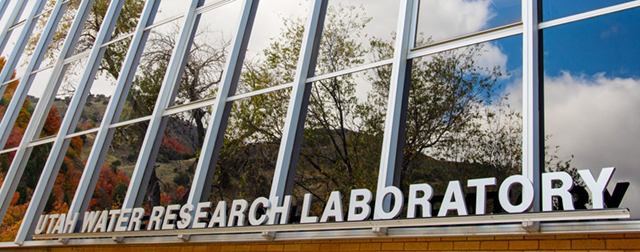Document Type
Report
Publication Date
January 1985
Abstract
Preface: Water Activites for Elementary Children is based upon the assumption that children learn best by doing. In education, and especilly in science, talking is not necessarily teaching. The most desireable types of learning involve direct, first hand experience, not just a teacher's interpretation of these experiences. This set of learning experiences has been designed for teachers, teachers-in-training, and children, Each concept includes background information for the teacher and learning activities for the children. Lessons are designed so taht a teacher can successfully teach a unit or lession with a minimum of knowledge, preparation, and equipmnet. Most of the suggested materials are common, inexpensive items that can be easily obtained. Activities include student experiments, teacher demonstrations, reference study, and field experiences. Extension activities are designed to enrich each basic lesson. What is Water Education? Publich understanding of water, water management, and water related issues is basic to solving present and future water problems. Unfortunately, most people are only vaguely aware of the role water plays in their lives. The long term challenge is to make people water-literate, to educate citizens with respect to the problems and complexities of monitoring both ecologically and economically sound people-water ineractions. The authors assume that such understandins have simple "background" beginnings. For a child, these beginnings constitute playing with water. For an adult, these beginnings consist of awareness of people-water relationships in the immediate environment. Water literacy includes the following components: 1. Comprehension: An individual should know some of the facts about water, have an understanding of water-related concepts, and be able to express them in oral and/or written form. 2. Attitudes: An individual must have the ability and willingness to develop responsible and realistic attitudes based on what has been learned about water. 3. Skills: The ability and willingness to act in direct response to waht has been learned about water, to use the skills of observation, inference, classification, and problems solving in laboratory or real life situations, and to handle and use available equipment effectively. Water is a great excuse to do some fun and exciting things! The activities in this manual will help students develop a scientific attitude. Children can begin to learn cause and effect relationship, increase their natural curiosity, suspend judgment, develop a desire to search for answers, and approach problems with an open mind.
Recommended Citation
Daugs, Donald R. and Israelsen, C. Earl, "Water education grades K-6" (1985). Reports. Paper 519.
https://digitalcommons.usu.edu/water_rep/519


